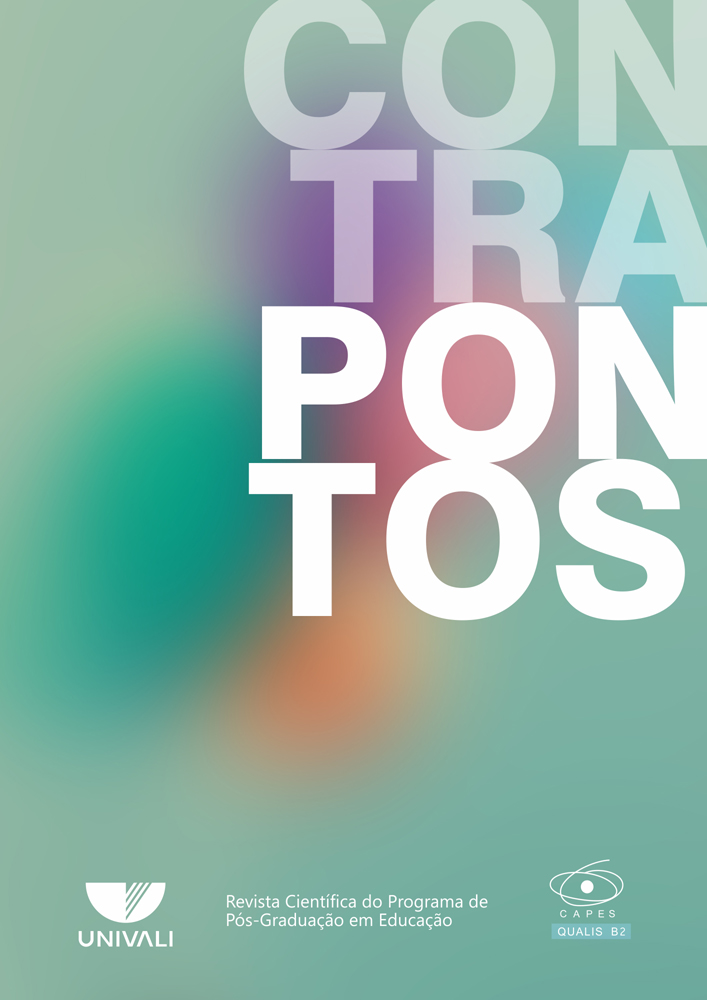
Michel Foucault discussed the concept of discourse understanding it not as something that represents reality, but produces it. In his studies, Foucault established tools that enable us to operate with discourse analysis, considering the discoursiveness in their conditions of existence and their eff ects. The author, when proposing methodological directions to a discourse analysis, brings the concept of enunciation as an enunciative function, which allows the existence of speech acts. Investing in Foucauldian discourse discussions, in their theoretical and methodological aspects, this paper intends to approach a possibility of operating with some tools of discourse analysis in Michel Foucault. Therefore, the reference will be the research developed in Master’s Education course, which objective was to problematize the subjectivation modes that would be working in the curricular discourses of schools for deaf people. This investigation operated with methodological procedures for discourse analysis, which the present paper intends to explore. Here, the goal is to present some clues to the research, methodologically operating with the tools of Foucauldian analysis, mobilizing the author’s concepts. When studying its documental network, the referred study identifi ed the functioning of three enunciations related to the modes of subjectivation that produce ways of being a deaf subject. These enunciations appear as a role of existence of a sequence of enunciations present in the curricular documents that made up the documental research network – namely Political Pedagogical Project and School Rules of three schools for deaf community in Rio Grande do Sul.




Copyright (c) 2022 Revista Contrapontos
This work is licensed under a Creative Commons Attribution 4.0 International License.





